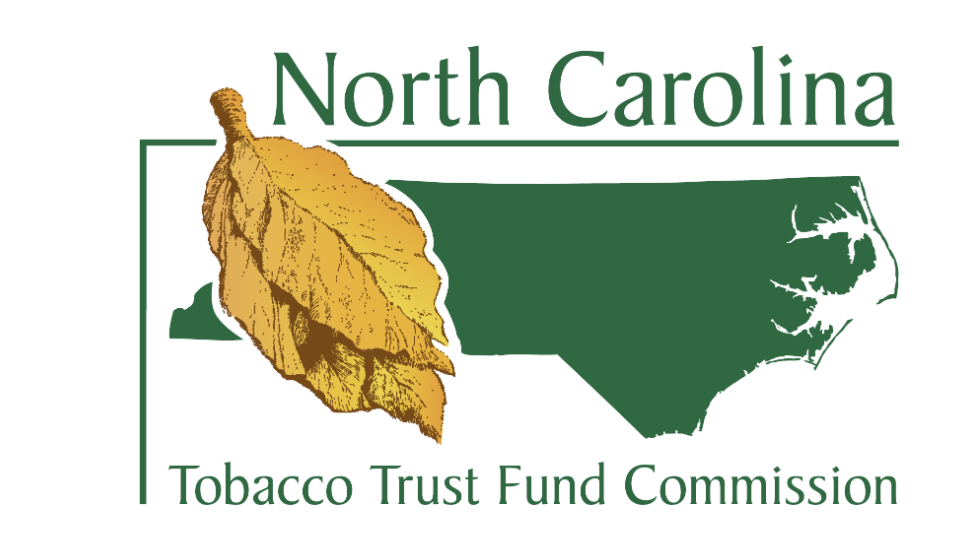Conservation and Farmland Preservation
go.ncsu.edu/readext?771372
en Español / em Português
El inglés es el idioma de control de esta página. En la medida en que haya algún conflicto entre la traducción al inglés y la traducción, el inglés prevalece.
Al hacer clic en el enlace de traducción se activa un servicio de traducción gratuito para convertir la página al español. Al igual que con cualquier traducción por Internet, la conversión no es sensible al contexto y puede que no traduzca el texto en su significado original. NC State Extension no garantiza la exactitud del texto traducido. Por favor, tenga en cuenta que algunas aplicaciones y/o servicios pueden no funcionar como se espera cuando se traducen.
Português
Inglês é o idioma de controle desta página. Na medida que haja algum conflito entre o texto original em Inglês e a tradução, o Inglês prevalece.
Ao clicar no link de tradução, um serviço gratuito de tradução será ativado para converter a página para o Português. Como em qualquer tradução pela internet, a conversão não é sensivel ao contexto e pode não ocorrer a tradução para o significado orginal. O serviço de Extensão da Carolina do Norte (NC State Extension) não garante a exatidão do texto traduzido. Por favor, observe que algumas funções ou serviços podem não funcionar como esperado após a tradução.
English
English is the controlling language of this page. To the extent there is any conflict between the English text and the translation, English controls.
Clicking on the translation link activates a free translation service to convert the page to Spanish. As with any Internet translation, the conversion is not context-sensitive and may not translate the text to its original meaning. NC State Extension does not guarantee the accuracy of the translated text. Please note that some applications and/or services may not function as expected when translated.
Collapse ▲This section concerns matters of conservation practices and programs aimed at soil and water conservation and preservation of farmland and forestlands. Keywords: conservation easement, Farm Bill, Soil & Water Conservation, Voluntary Agricultural Districts
Presentation: Farmland Preservation Basics. This presentation covers conservation history and concepts, including conservation easements, farmland protection plans and voluntary agricultural districts.
Presentation: Decisions in Property Disposition: Conservation Easements, Property Taxes and Taxation on Sales. This presentation concerns the realities of residential/commercial development on rural land, and decision-support for those making the decision to sell for non-farm development or conservation easement protection. This presentation was first delivered in Chatham County, May 2024.
CONSERVATION EASEMENTS
This page covers the permanent restriction of land subdivision and use for purposes of soil and water conservation, including matters of use restriction, transaction matters, and tax treatment.
VOLUNTARY AGRICULTURAL DISTRICTS
This page provides narratives, templates, and resources regarding Voluntary Agricultural Districts, the key North Carolina farmland preservation program that encourages owners to keep their land in farm or forest use.
SOIL AND WATER CONSERVATION PROGRAMS
This page concerns matters related to term-limited easements and restrictions resulting from incentives provided by federal, state, and local governments. Updates on soil and water conservation programs authorized by the federal Farm Bill may be found here.
Acknowledgements
Content loaded to Agricultural and Natural Resource Law portal, including narratives, workbooks and presentations, is supported by The North Carolina Tobacco Trust Fund Commission (TTFC) (Grant award 2019-001-16).



